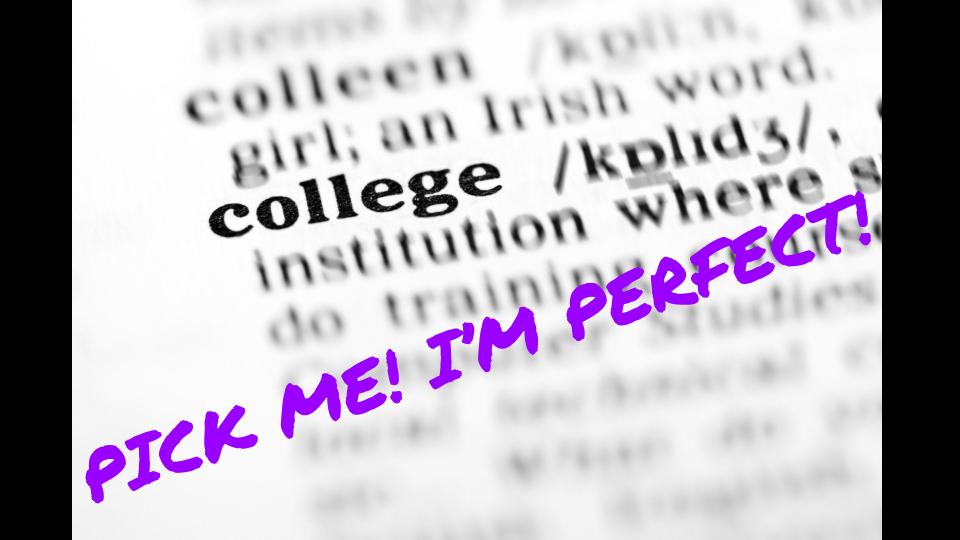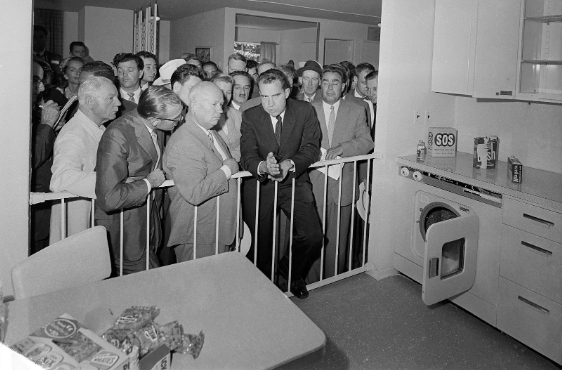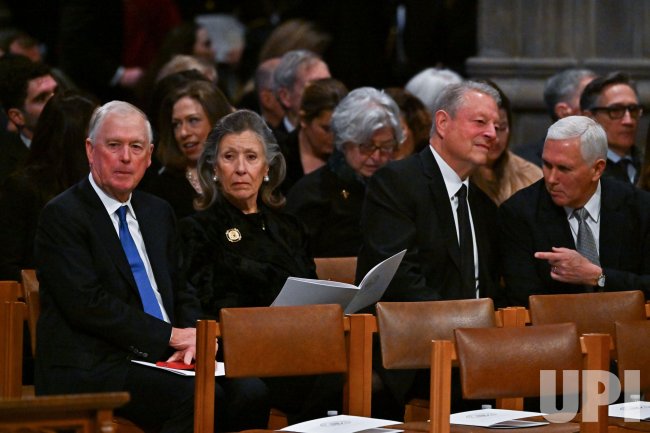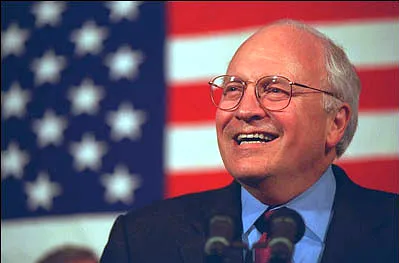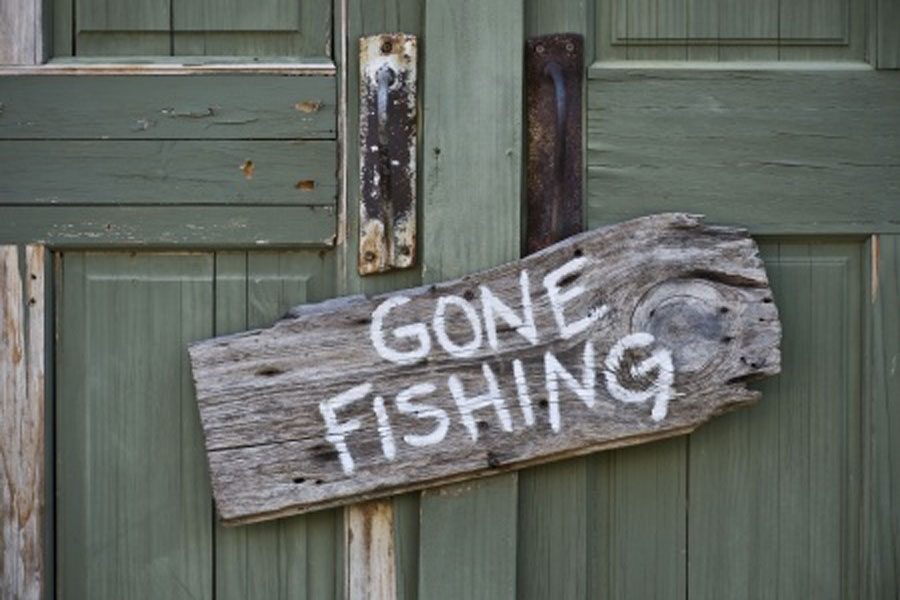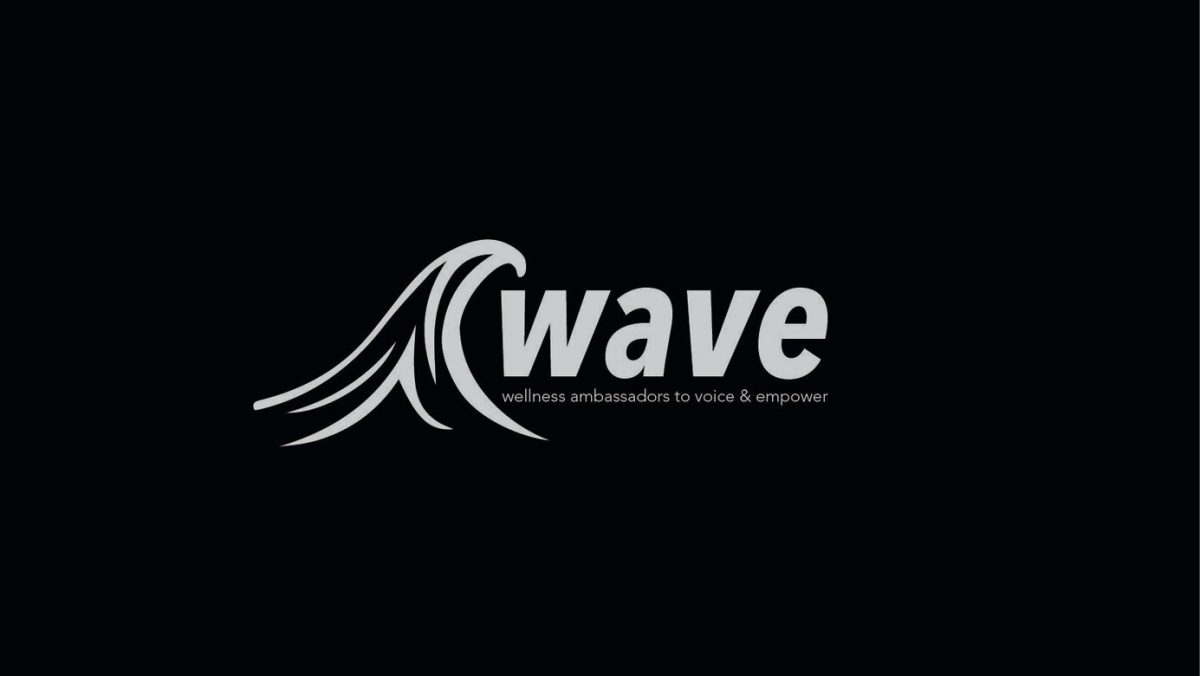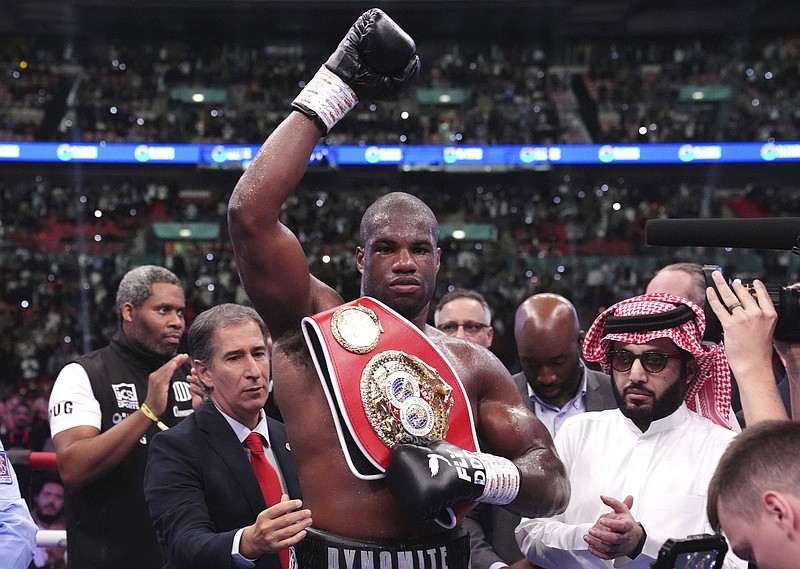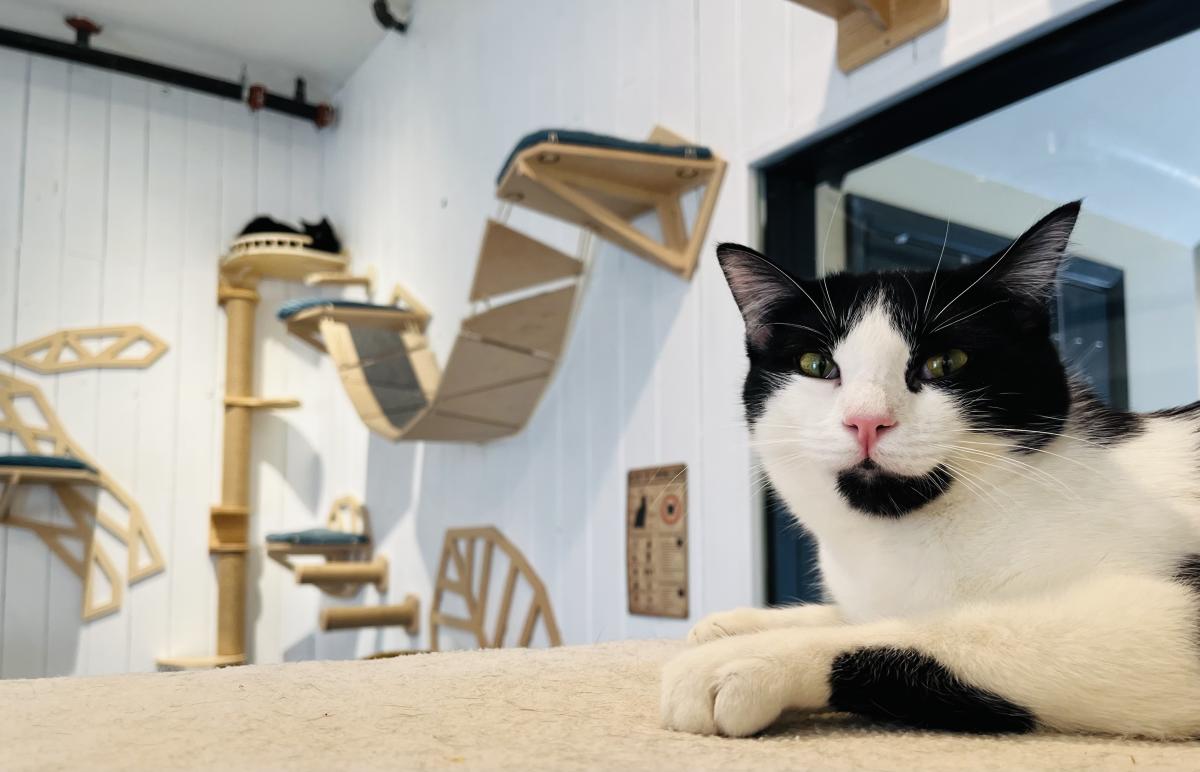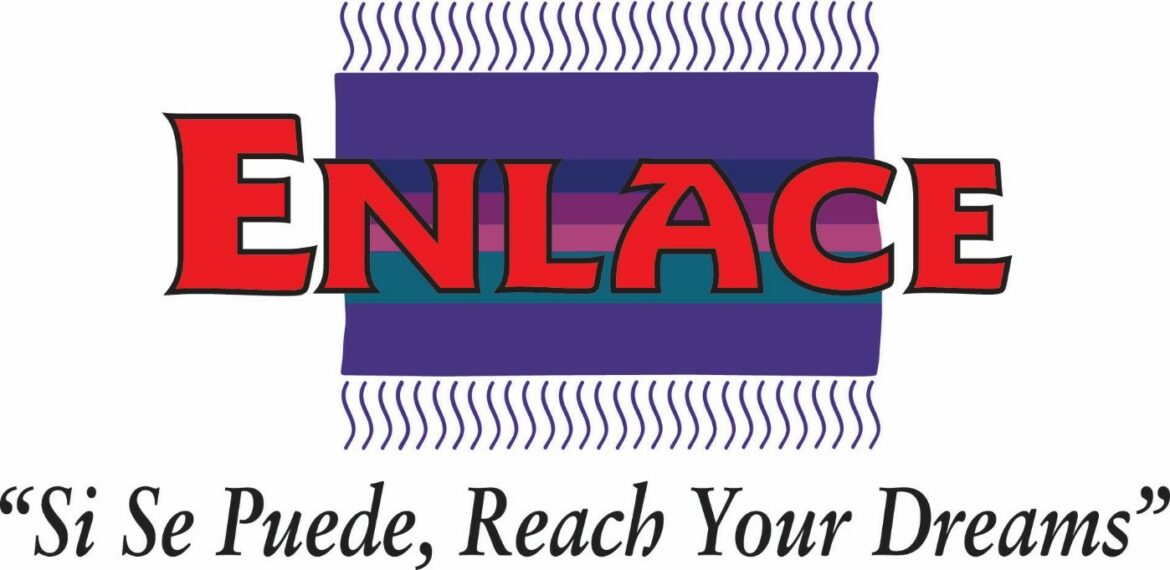Approximately nine years ago, an article was uploaded to the Demon Tattler website by then senior Mabel Lujan titled, “Who Am I? A Hard Look at the Soul-Killing College Application Process.” In it, Mabel details the manipulative way many high school students rewrite their own histories and identities to appeal to college admission committees. Since Mabel reflected on the disingenuous nature of college-essay writing in 2015, the practice has become more pervasive than ever.
Intelligent.com, a college information distributer, surveyed more than 1,600 four-year-college students and graduates in 2023 about their truthfulness on college applications, using several metrics. Sixty-one percent of respondents admitted that they included untrue information on their college application. Of this cohort, 39 percent stated they misrepresented information about their race or ethnicity.
Race is often the main talking point for people discussing this “epidemic” of academic fraud, largely as a result of hypothetical affirmative action campaigns. Race is often linked to one’s identity in a close, personal way, being entirely unique in both purpose and perspective to each individual. This, accompanied by the visual aspects of race (those that usually exist), make it an intriguing concept to outside viewers. To outright lie about such an integral part of one’s life is perceived as outrageous, but its sensitive nature stops many administrators from catching it, or even broaching the subject.
Academic inflation is a phenomenon that began decades ago and has only been increasing as college becomes more of a necessity. A century ago, many people could get good jobs with just a high school diploma, but over time, employers began to regard it as the bare minimum, and people needed to differentiate themselves with higher education. Today, even the value of a higher education is becoming diluted. College is no longer considered a luxury, but another cost-of-living expense under late-stage capitalism.
It would be untrue to imply that this surge of college applicants is strictly negative. The reason so many more people have been able to get college degrees (and high school diplomas) is that the civil rights movement removed many of the racist policies that prevented BIPOC (black, indigenous, and other people of color) from being able to apply for college. This was in conjunction with the second wave feminist movement breaking the oppressive gender norms that forced women into a life of domestic servitude. Combined, these changes brought a massive influx of people into the job market.
When considering the survey data above, it’s understandable that 61 percent of liars felt like including false information helped them get admitted to college. While one in ten misrepresented themselves about race or ethnicity, the majority of respondents reported that they were guilty of some light exaggeration, most commonly the number of volunteer hours they had worked, followed by job experience.
These stats don’t necessarily represent the lies of people willing to sell out their own identities for college admission, rather that any advantage in a highly competitive market is vulnerable to deception – even an advantage that might not be grounded in reality. After all, race hasn’t been proven to reliably increase college acceptance outside of the highly selective, private colleges of the Ivy League, according to Pew Research Center.
More and more it seems that the reason people lie isn’t because they feel it is necessary to help them get accepted, but to make them stand out more as a way of influencing their personal brand.
Flanderization is a term invented in the TV world (yes, in reference to Ned Flanders from The Simpsons), to describe the oversimplification of a character to only a few essential traits. This often occurs when a work of art balloons far beyond its creator’s understanding of the world they’ve created. It makes sense that newer writers would fall into the trap of taking the character’s most famous aspects and reducing them to the entirety of the character – and this is an aspect of the college essay writing crisis.
Branding. That’s what it all seems to be about. In our current age of social media and information technology, people are being pressured more and more into becoming brands in front of humans. There seems to be a constant overwhelming urge to create a narrative that justifies the self, as if everyone is always living the best day of their life. This is explored by Sarah Bernstein in her New York Times article, “Elite College Admissions Have Turned Students Into Brands.” She cautions, “Students who brand themselves too early or too definitively risk missing out on the kind of exploration that will prepare them for adult life.”
Thirty-four percent of college applicants report that they included completely fabricated anecdotes in their college essays to justify their application. Thirty-nine percent misrepresented their race or ethnicity. Less than one-third were caught by an admissions officer.
Teenagers aren’t fictional characters. Why are we so comfortable treating them as such?


